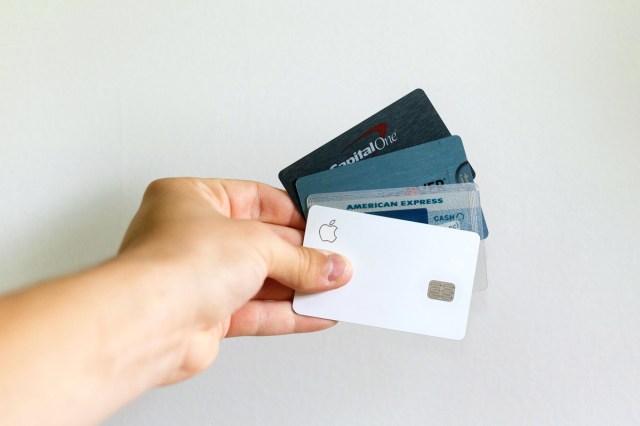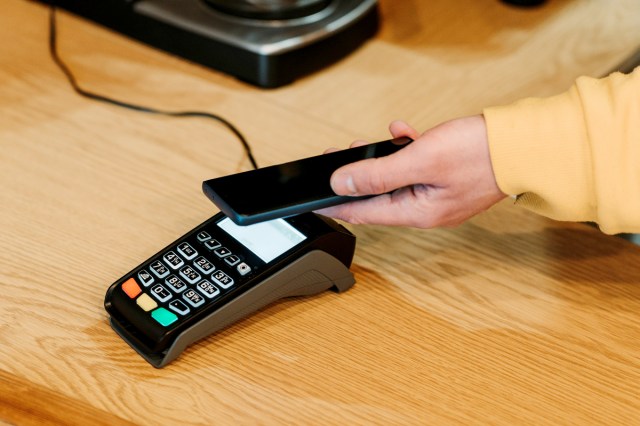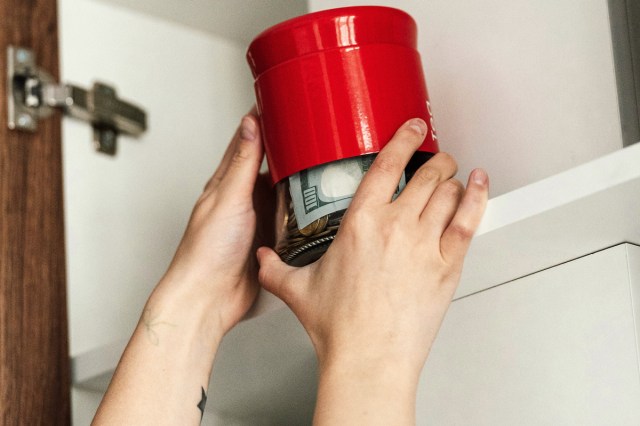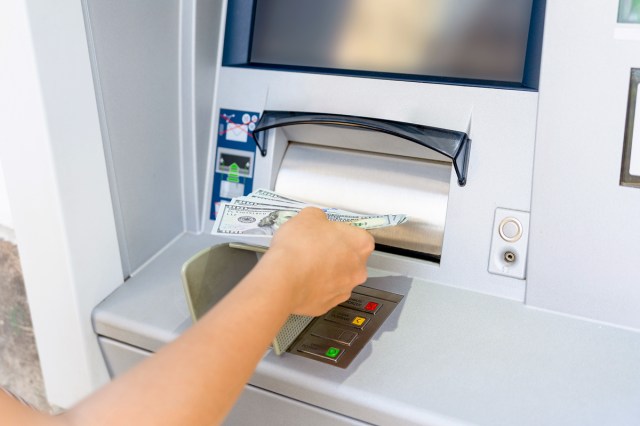There’s no way around it: Having good credit is, well, good. It makes renting a nice apartment easier, buying a big car simpler, and your life less stressful. But it’s easy to slip into less-than-good habits and let your score dip. Luckily, there are some ways to help boost your credit score that don’t require a lot of effort.

Regularly Check Your Credit Score
Checking your credit score doesn’t boost the number, but it will be hard to get into a practice of improving your score if you’re not routinely aware of what’s going on with your credit. You can do a free credit check through sites like Equifax and Credit Karma and some banks and credit card companies. Despite what people say, regularly checking your credit score will not lower it. However, hard inquiries, like when applying for a loan, will impact your score, so be mindful of that.

Keep Balances Low
Experts agree that the easiest way to boost your credit score is to keep your credit balance low, meaning don’t spend more on your credit cards than you have. The average recommended maximum for regular credit use is around 30% of your available credit.

Ask to Increase Your Credit Limit
This one might sound counterintuitive — if you’re trying to boost your score, isn’t it better to spend less and have lower credit limits? Actually, asking your bank or credit card company to raise your credit limit shows that you can be trusted with having more cash available and still spending wisely.
Reader Favorites

Pay Your Monthly Bills in Full
It might be tempting just to pay the minimum amount due on your monthly bills, but doing so will accrue interest fees, and the more your balance accumulates, the harder it will be to pay off, damaging your credit score. If you have outstanding balances, try to pay them off before using any credit cards again.

Pay Rent and Utilities On Time
While rent and utility payments don’t factor directly into your credit score, you can always use the documentation of your on-time payments as proof that you are a responsible spender if your score is low. Programs like Experian Boost or VantageScore will help you get credit for bills such as cell phones, utilities, and rent.

Don’t Ignore Billing Mistakes
It’s possible that there’s been a mistake or a missed payment throughout your spending career that never got addressed. While avoiding dealing with that might feel like the easier thing to do, past-due payments can lower your score by hundreds of points. Deal with these difficulties sooner than later to get back on track with your score.

Consolidate Your Debt
If you have overdue debts across multiple credit cards, you might be able to take out a loan to combine all of those debts into one big payment. It’ll be easier to pay off those debts when they’re pooled, and you’ll be able to lower your interest.

Keep Old Accounts Open
Maybe you got your first credit card in high school or college, and maybe you got it with points for a store you no longer shop at — it’s happened to many of us. While it’s tempting to close that card, it’s actually better for your credit score to keep those accounts open and make an odd purchase here and there to keep that line of credit.

Limit How Often You Apply for New Credit Cards
While it might be tempting to cash in on sign-up bonuses and points packages with a new credit card, it’s worse for your credit score in the long term to keep signing up for new accounts. It’s best to maintain your current and older cards rather than jump ship to new ones, which symbolizes a lack of stability.

Talk to a Credit Counselor
If you’re at a loss for dealing with debt or boosting your credit score, talk to a certified credit counselor. They’ll help you get short and long-term goals to get your credit score up and feel more financially on track.
Featured Image Credit: Prostock-Studio/ iStock
More From Our Network
Better Report is part of Inbox Studio, an email-first media company. *Indicates a third-party property.
















